Curious Learning Timeline
2011-2012:
Researchers at MIT, Tufts, and Georgia State University asked: can kids learn basic reading and literacy skills using a mobile device?
A remote test is set up in Ethiopia in two remote villages with no access to school and no one is literate. At the end of the year, the children were roughly at the same literacy level they would have reached in a well-resourced US Kindergarten.
2014:
Replicated the 2011/2012 experiments in a variety of cultures and situations, confirmed the previous findings and showed that they could be reliably replicated.
2017:
Curious Learning began looking for apps that could be localized to various languages. The science is clear that it is easiest for children to learn to read in their home language.
The flagship app, Feed the Monster, initially designed for Syrian refugees, came out of the EduApp4Syria competition.
2018:
Feed the Monster is localized into 50 languages.
A study published by World Vision showed that 22 hours of play equated to 2 months of literacy learning in a well-resourced school.
Expansion of distribution efforts to find the most effective method.
2019:
Launched the first interactive book with Ubongo.
Expanded offering in partnership with GDL to 45 languages and 2500 books.
2021:
Reached all 195 countries in the world.
Found that social media and more traditional awareness campaigns were extremely effective distribution methods.
2022:
Reached 100K Ukrainian learners within the first 100 days of the invasion.
A World Bank study (of 9000 homes in northern Nigeria) shows that the use of these apps for early literacy learning was second only to 1-on-1 tutoring.
Reached 3.5 million learners worldwide.
Foundation of The Literacy League.
